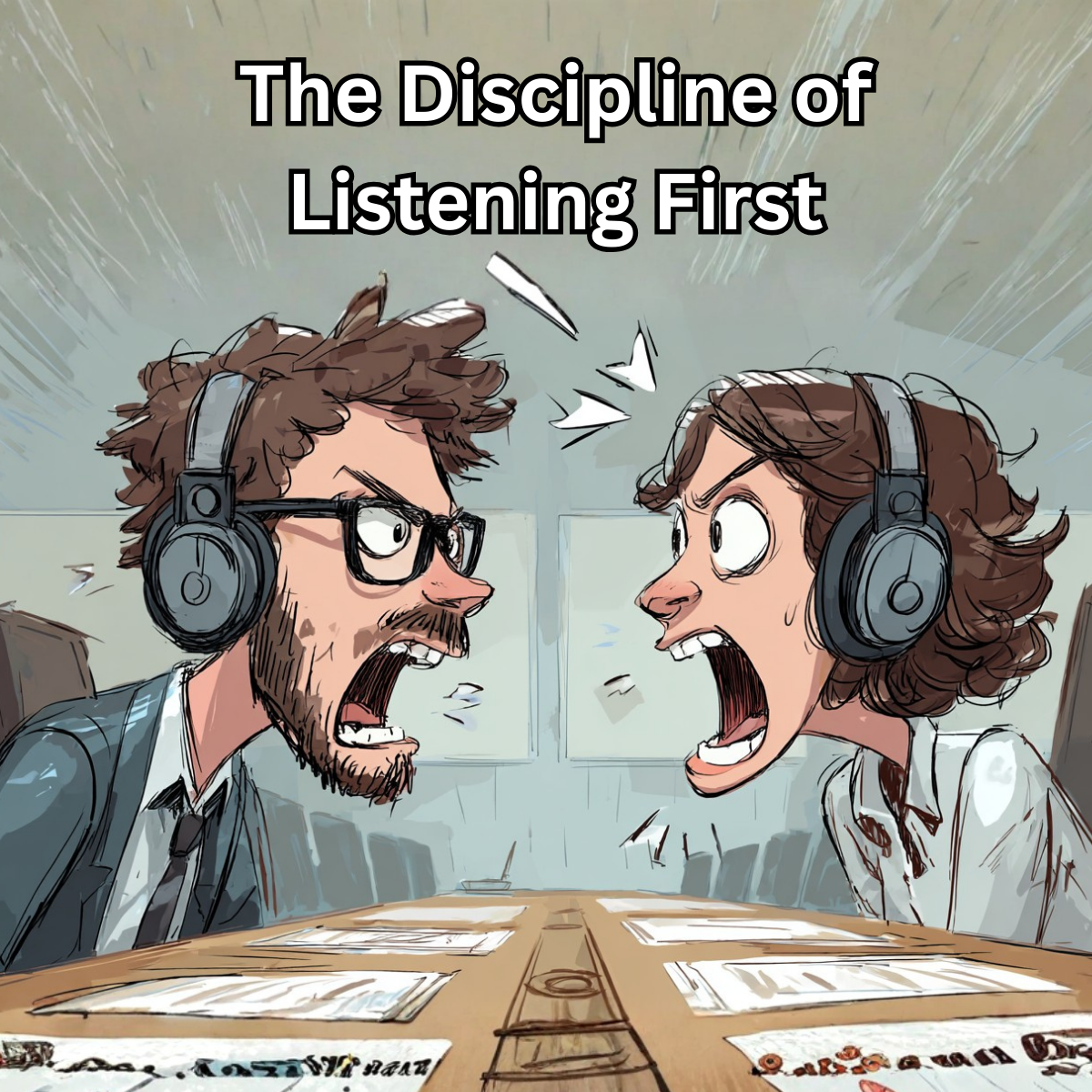This morning, I grappled with feelings of distraction and a lack of focus. This isn’t an unusual occurrence for me. The reasons vary – it could be brain chemistry, fatigue, or perhaps the after-effects of not eating well the day before. But one thing is clear: focusing can sometimes be a struggle, and I’m convinced I’m not alone in this battle. Even the most enthusiastic self-help gurus must face the same challenge of maintaining focus.
As I’ve progressed through various stages of life, I’ve explored and experimented with numerous systems to harness my focus. My bookshelf is a testament to this quest, brimming with books and gadgets. I’ve subscribed to software, listened to audiobooks, and participated in courses, all in the pursuit of better concentration.
From this journey, I’ve reached an important conclusion: while all these systems have their merits, achieving full potential in any of them is only one of the ultimate goals. Instead, the significance lies in choosing and consistently adhering to a system. The real power is in the commitment to a method, not necessarily the method itself.
Watch my video on Process Not Tools, here
In today’s fast-paced world, everyone grapples with focus. The sheer volume and complexity of tasks we encounter daily in our task-oriented workforce are staggering. And as we become increasingly specialized, the challenges only grow – more tasks, greater complexity, and ever-evolving requirements. Moreover, as automation and technological advancements free us from tasks that once consumed the bulk of human effort, like food production, we find ourselves assuming more responsibilities and deeper involvement in our areas of specialty. This evolving landscape makes a compelling case for the necessity of tools or systems to manage our workload and maintain focus.
However, it’s crucial to recognize that in the realm of focus and productivity, the value lies not in the tool itself but in how we use and execute a process with these tools.
Reflecting on the past offers a stark contrast. In our agrarian history, a single tool could revolutionize daily life. My great-grandmother, born in the 1800s, once shared that the most significant invention she witnessed in her 95 years wasn’t the light bulb, the car, or the telephone, but the automated hay baling machine. For her, the importance was clear: it dramatically reduced the time and labor required for baling hay, a task central to her agrarian lifestyle.
The scenario differs significantly in today’s context, particularly regarding focus and task management. The effectiveness of a tool or system for staying on top of goals, projects, tasks, and maintaining focus hinges less on the tool itself and more on the process. It’s about how we engage with these tools, integrate them into our routines, and remain committed to the processes they facilitate.
My advice is straightforward: select a system and begin using it consistently. No system is flawless, nor will it perfectly align with all your needs. However, the key lies in your dedication to persistently use and refine it. Over time, this consistency will smooth out the imperfections, and you’ll find yourself crafting a process that works with the tools at your disposal and compensates for their limitations.
Remember, the system you initially choose isn’t the critical factor. What matters most is your commitment to follow it rigorously and adapt it as needed along the way. This ongoing process of engagement and modification transforms any chosen system from a mere set of tools into an effective mechanism for enhancing focus and productivity.
In essence, embracing a system for focus is less about the inherent qualities of the system and more about how you mold and adapt it to fit your unique life and challenges. Your journey towards better focus and productivity is personal, and this individualized approach will ultimately lead to success.




